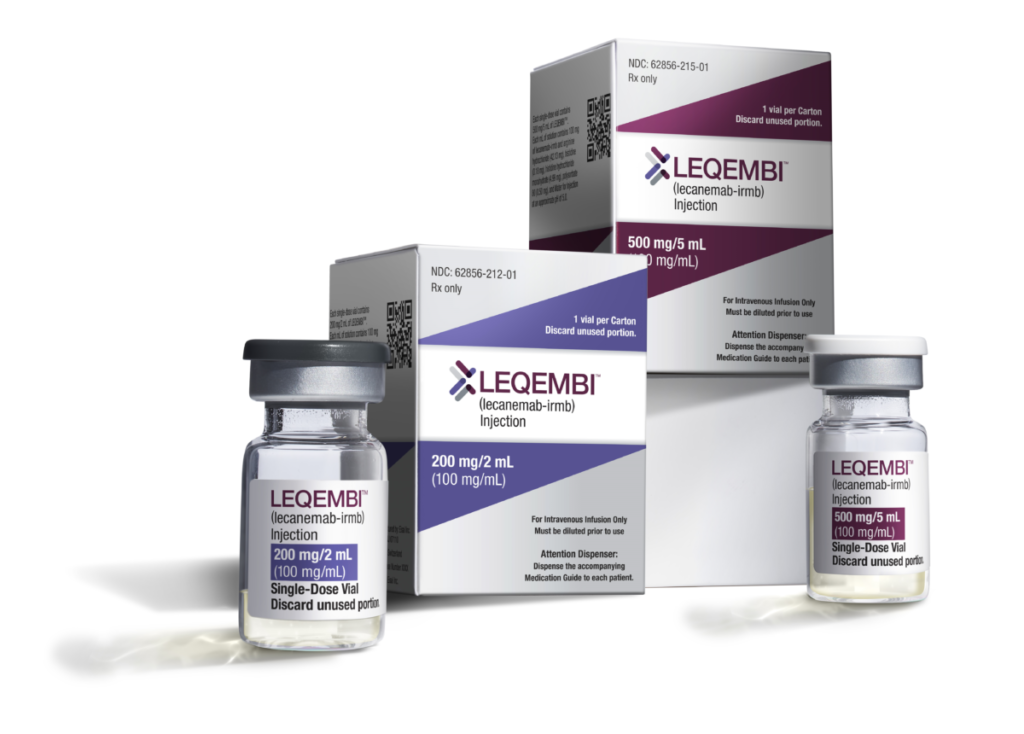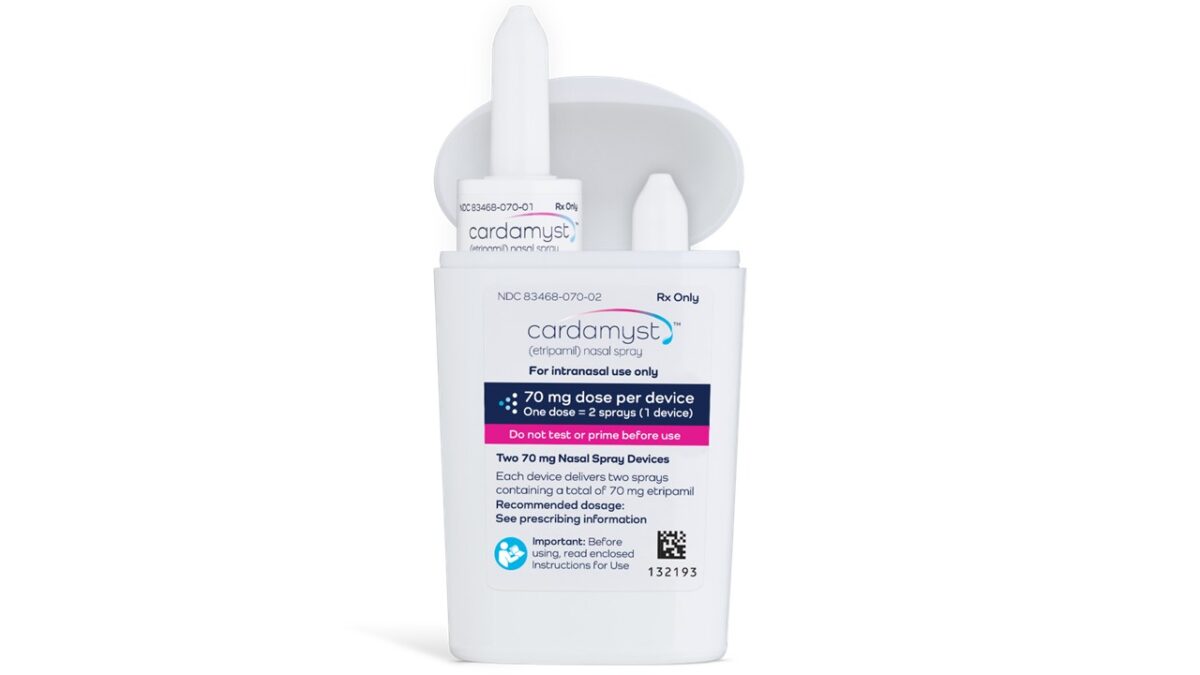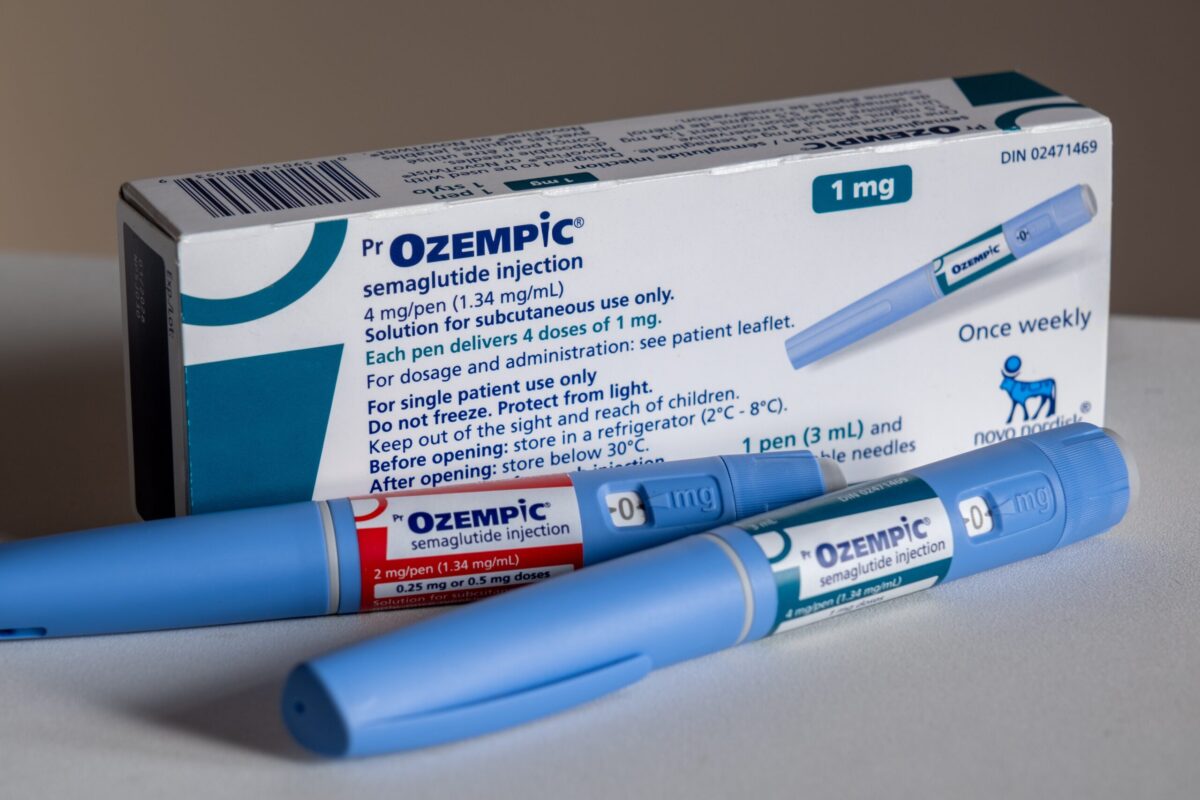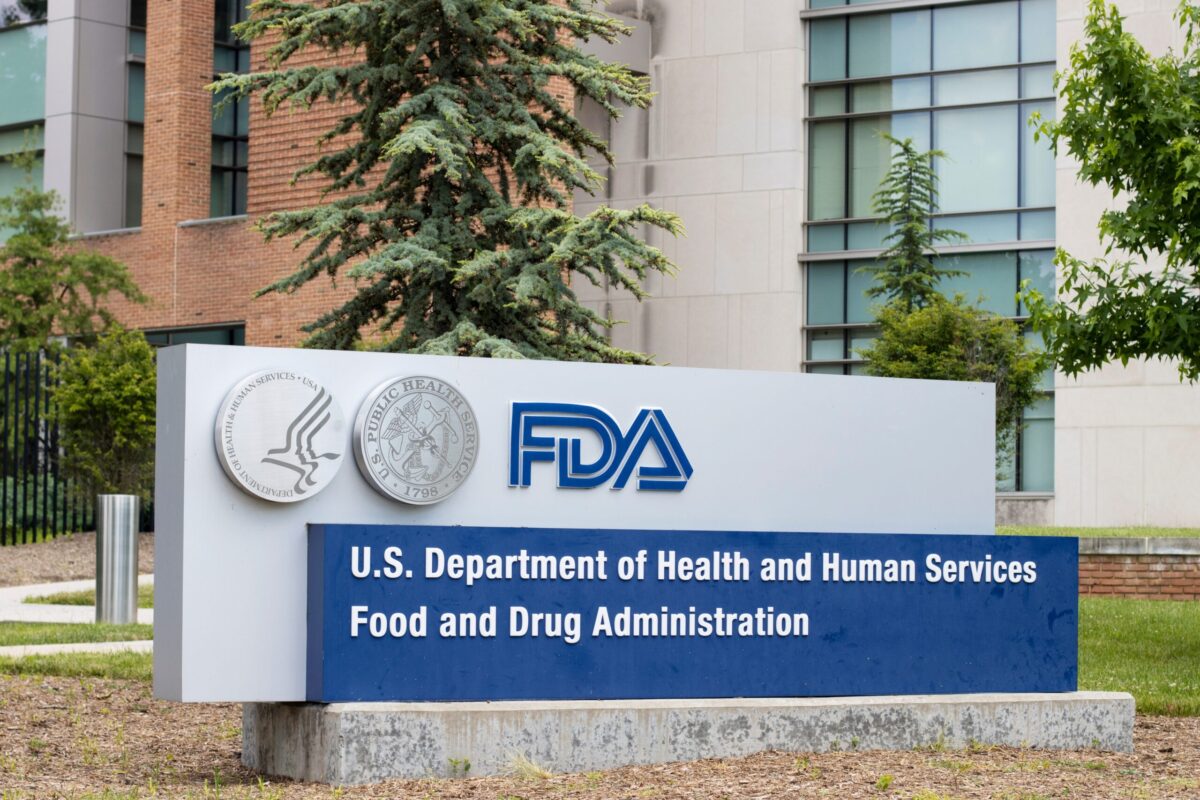On January 7th, 2023, Eisai Co., Ltd. and Biogen Inc. announced in a press release that the US Food and Drug Administration (FDA) had approved Leqembi (lecanemab-irmb) under the Accelerated Approval pathway. Leqembi is a novel treatment indicated for Alzheimer’s disease that can be administered to patients who are already experiencing mild cognitive impairment or mild dementia.
The approval is based on Phase II data that demonstrated a reduction in amyloid-beta plaques (the defining characteristic of Alzheimer’s disease) in patients with early Alzheimer’s disease treated with Leqembi. With data recently published from a large global confirmatory Phase III clinical trial (Clarity AD), Eisai will also file a supplemental Biologics License Application (sBLA) to the FDA to have Leqembi approved under the traditional pathway, too.
Alzheimer’s disease develops in the part of the brain controlling our thoughts, memories and language abilities. It is the most common type of progressive dementia, beginning with memory loss and potentially leading to the inability to hold a conversation. Symptoms usually first appear after the age of 60, and risk increases with age. In 2020, it was estimated that about 5.8. million Americans alone were living with Alzheimer’s disease and this number is projected to triple to 14 million by 2060.
“The approval of Leqembi provides new hope to patients with Alzheimer’s disease. Patients at an early stage of the disease and their caregivers can now consider a new treatment option with their doctors. Our focus now is on the path forward, working alongside Eisai with the goal of making Leqembi available to patients who may benefit from this treatment as soon as possible,” stated Christopher A. Viehbacher, President and CEO of Biogen, in the press release
What We Know About Leqembi and Clinical Trial Results
Leqembi is a humanized immunoglobulin gamma 1 (lgG1) monoclonal antibody that targets both soluble and insoluble forms of aggregated amyloid-beta plaques. It binds to these plaques and removes them, slowing down the progression of Alzheimer’s disease.
The recommended dosage is 10 mg/kg, administered intravenously once every two weeks. Patients must meet several criteria prior to receiving the treatment, as the approval of Leqembi is based on the criteria outlined in the Phase II study data: treatment can be initiated in patients who are already experiencing mild forms of the disease (similar to patients recruited for the study) and must have confirmed presence of plaque pathology before beginning treatment. There is currently no safety or efficacy data for initiating treatment at earlier or later stages of Alzheimer’s disease. Additionally, it is recommended that patients be closely monitored for amyloid-related imaging abnormalities (ARIA) during the first 14 weeks of treatment, as they are known to occur with the use of antibodies in the same class as Leqembi.
The efficacy of lecanemab was evaluated in a Phase II clinical trial (Study 201) that was a double-blind, placebo-controlled and parallel-group study involving 856 patients with mild stages of Alzheimer’s disease with amyloid-beta pathology. After completion of the study at 79 weeks, patients who received lecanemab had significant dose- and time-dependent reduction of plaque, measured with positron emission tomography imaging. Thus, patients who received the approved dose of 10 mg/kg once every two weeks demonstrated statistically significant reduction in plaques from baseline when compared to the placebo patients, who had no reduction of plaques.
The safety of lecanemab was evaluated in 763 patients who had received at lease one dose. The most common adverse reactions reported by patients who received the approved dose were infusion-related reactions, headaches, ARIA-E (edema), cough and diarrhea.
Cost of Leqembi
Leqembi will be available as a treatment option during the week of or before January 23, 2023. Eisai released a statement about the US pricing and rationale for the treatment, and Leqembi will be priced at $26,500 per year based on estimates for 10 mg/kg intravenous administration biweekly for a patient weighing 75 kg.
However, to support treatment access for patients with limited finances, Eisai’s Patient Assistance Program (PAP) will provide Leqembi at no cost for eligible individuals. This includes anyone uninsured, underinsured and Medicare beneficiaries, who meet the financial need and other criteria of the PAP.












Join or login to leave a comment
JOIN LOGIN